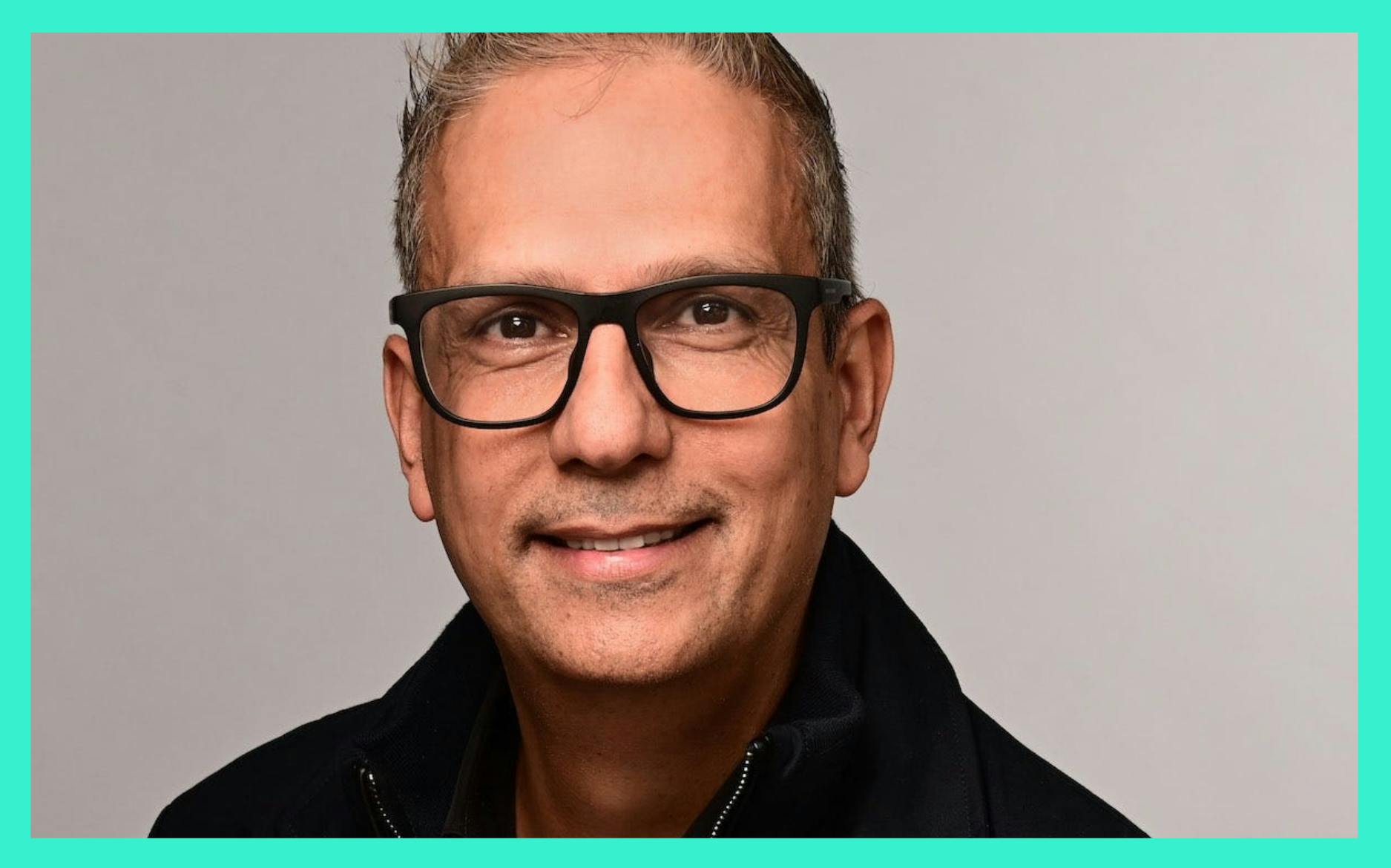Vinay Samuel (Founder and CEO, Zetaris)
Vinay is the founder and CEO of Zetaris, a data management platform. Founded in 2013, Zetaris aims to make data analysis easier, more accessible, and faster for businesses, empowering them to gain valuable insights and remain competitive in the evolving market. It's latest offering, the Zetaris AI Clinical Assistant, applies agentic AI for improved healthcare outcomes.

Can you explain your job as if you were speaking to a five-year-old?
I created and run Zetaris. We are a software company that automates the preparation of data for AI projects, so they are delivered six times faster for a third of the cost. We want to be the world’s leading platform for preparing data in AI. My job is to come up with ideas and drive Zetaris strategy, business development, marketing, technology, product development, innovation, partnerships, and production. And I enable my growing team to execute that vision.
What excites you most about your job?
A decade ago, when I started Zetaris, I had an epiphany. I saw a world that would be almost fully automated, powered by accurate data from many sources. I saw a world that could unlock disparate data wherever it is and tap it for business intelligence and innovation without having to extract, clean, or move it, that requires less labor time, less complexity, and far less cost. The market has validated my belief. It was a providence moment for me. I had an idea, and it has been realised as it beautifully fits the market evolution.
Which trend will change the future of medicine?
In the short term, AI will become better for searching and finding the right information to improve patient outcomes. I believe that people will accept that AI has a valuable data-driven role to play as a co-pilot that complements healthcare professionals to deliver greater outcomes at speed, save lives, and reduce disease.
AI will continue to accelerate to relieve healthcare teams from cumbersome manual processes so that they can focus on the most valuable work that requires human skills such as problem-solving, creativity, and collaboration. In the medium-term, there will be rapid adoption of AI in many advancing areas of medicine and healthcare. Medicine will shift towards favouring a data-led approach instead of gut feel.
Looking back, which trends have you missed or underestimated?
I underestimated the trend towards cloud data warehousing would be as big as it turned out to be. I have always questioned why you need to move the data. Leave it where it is and analyze it at the source and then leverage technology to join it wherever it resides.
Which MedTech initiative or startup deserves more attention?
There is an Australian company that can detect when an epileptic seizure is about to happen, which is an incredible breakthrough. Epiminder's technology has the incredible ability to save lives across the globe and deserves more attention. The beauty of it is that it collects data from the source—inside someone’s brain—and uses it to give patients and healthcare professionals unprecedented insights.
Where would you put a million dollars?
I would put it into Zetaris! The whole world is managing disparate disjoined data the hard and costly way with little assurance about governance or ethics. CEOs are feeling blindsided about the data feeding AI they are investing in. They have poor visibility of what data they have, where their data is coming from, and how up-to-date or accurate it is. Apart from Zetaris, there is not a single data platform to feed AI projects—we are a data anywhere, unlocked in minutes (not days, weeks, or months), company. The closer the data is to the computing power, the cheaper, faster, and more accurate the intelligence is. We provide an application layer back into the database to manage the whole conversion.
What's the best advice you've ever received?
My first ever real job was at GE Capital, where I started in operations and then moved into marketing. I was there during the end of Jack Welch’s tenure. One day, as I exited the lift, I saw a poster that read, “If you can’t control your own destiny, then someone else will.” This struck me hard, and it is why I became an entrepreneur—to be in charge of my own destiny and not be afraid to make bold moves and focus on delivering unique value.